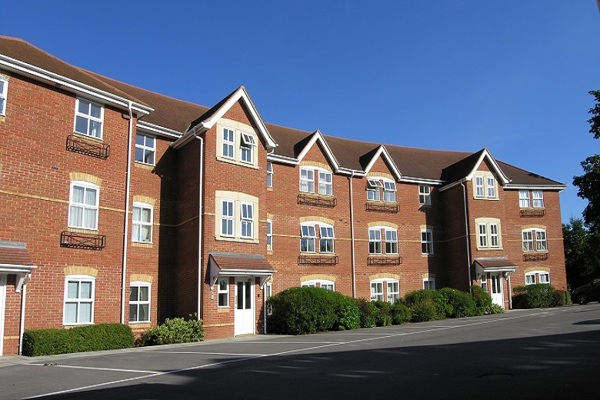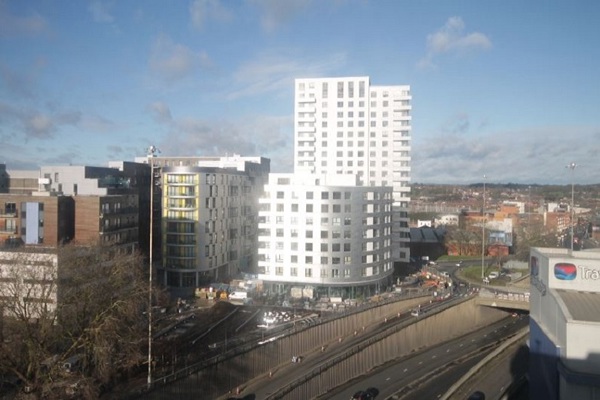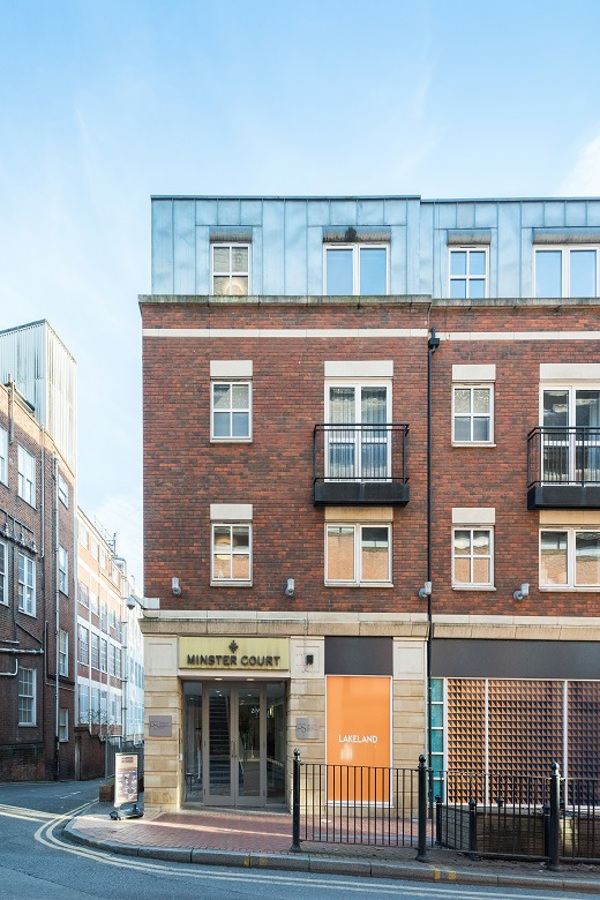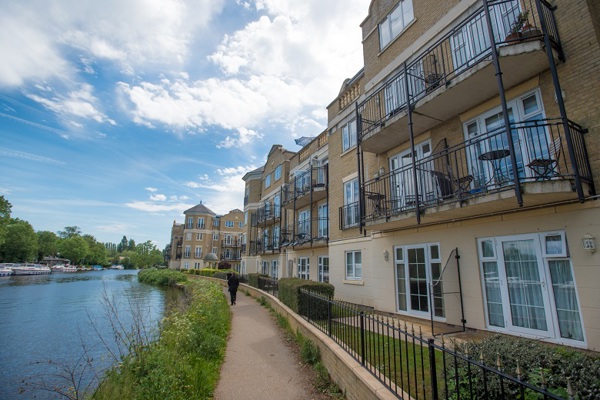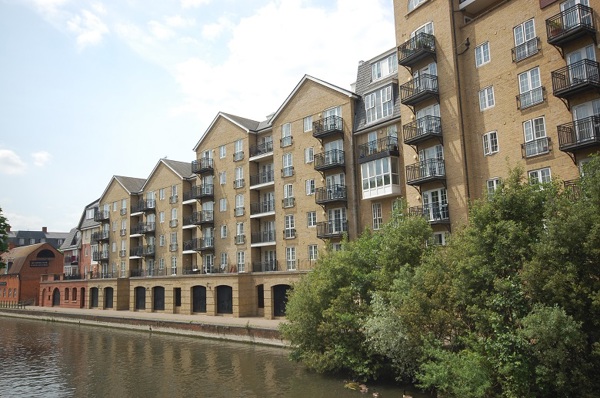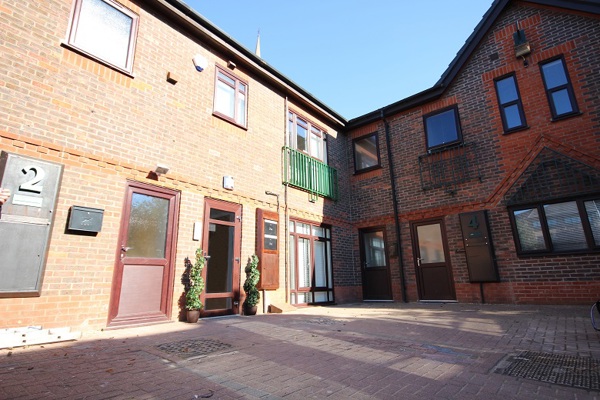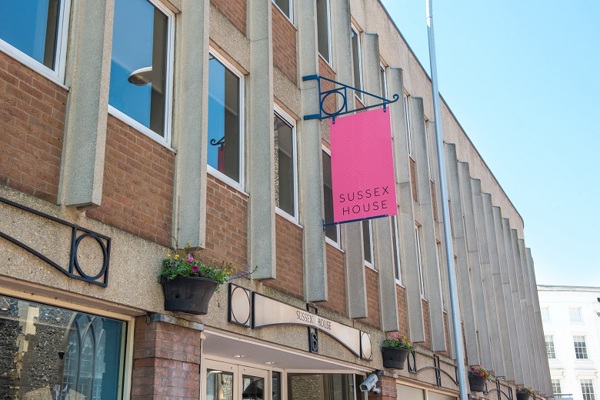Reading Guide

Reading's history is a compelling narrative of transformation, from a powerful Saxon abbey town to a Victorian industrial hub, famous for its "three Bs": beer, biscuits, and bulbs. However, the town's cultural legacy is perhaps most profoundly marked by its connection to the renowned playwright Oscar Wilde, who was imprisoned in Reading Gaol from 1895 to 1897 after his conviction for "gross indecency". His harsh experiences in the Victorian prison system inspired his powerful final works, the letter De Profundis and his most famous poem, The Ballard of Reading Gaol, which brought international literary renown to the town and exposed the brutality of the Victorian penal system.
Today, Reading's lifestyle is a contemporary fusion of a thriving "Silicon City" economy and a rich cultural scene that actively embraces this literary past. An ideal location for commuters, with excellent transport links including the Elizabeth Line to London. While local landmarks like the Forbury Gardens and the River Thames offer green spaces, the former prison itself has become a potent symbol, with ongoing campaigns and art projects (including a Banksy mural) advocating for its transformation into an arts and heritage centre, ensuring Wilde's legacy remains a vibrant part of the town's modern cultural identity.
"All that we know who lie in gaol / Is that the wall is strong; / And that each day is like a year, / A year whose days are long."
Oscar Wilde - The Ballard of Reading Gaol




